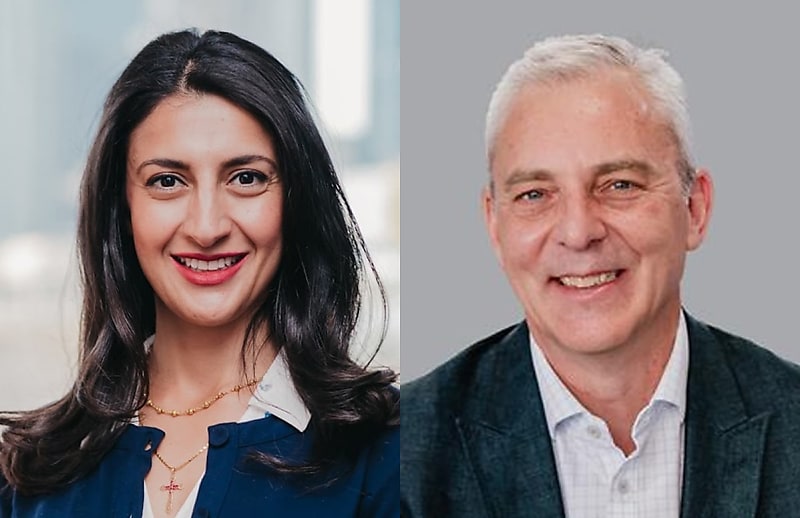Tax Institute weighs in on NSW’s ‘Art of Tax Reform’ mission
TaxAs the NSW government aims to improve taxation for creative industries, The Tax Institute has said tax reform at the federal and state levels should be achieved first.

The Tax Institute has revealed comprehensive tax reform at a broader level will better help NSW in its mission to help the creative industries, rather than targeted solutions.
The Tax Institute shared this point of view in a submission to the NSW government in respect of its consultation regarding ‘The Art of Tax Reform: Unlocking Opportunities to improve taxation for Australian creative industries’.
The submission, authored by Julie Abdalla, The Tax Institute head of tax and legal, and The Tax Institute president, Tim Sandow, noted their overarching comment was that there was an imminent need for comprehensive tax reform at the federal and state levels.
“Taking a holistic approach to tax reform will improve the system overall for all taxpayers, and in doing so can address the specific needs of the arts community. While we acknowledge the government’s focus on creative industries, we advocate for a cautious approach to implementing measures solely targeted at a certain industry or segment of an industry,” Abdalla and Sandow said.
“There are areas of our tax system that are in desperate need of reform and simplification, and some of these areas have a disproportionate impact on the arts community.”
Areas that were “ripe” for tax reform that were noted to have a disproportionate impact on the arts community included the low turnover threshold at which small businesses must register for GST, the complexity of the tax rules that applied to small businesses, and the high compliance burden imposed by the fringe benefits tax and superannuation guarantee systems.
According to the Institute, improvement of these three issues would benefit the broader Australian community, which would have a positive flow-on effect on the arts community.
Abdalla and Sandow said addressing systemic issues should be the primary focus, while also acknowledging the “special cultural role” played by the creative industries.
“Comprehensive tax reform can alleviate the need, at least in part, for special measures exclusively for the arts community. Defining who qualifies for such targeted measures runs the risk of increasing the complexity of the tax system and creating market distortions,” the submission said.
“Industry specific measures may also prompt other industries to seek special treatment, leading to an unhealthy focus on lobbying rather than creating a level, fair and optimal playing field for all.”
Despite broader reforms being needed, the submission acknowledged that after their potential implementation, some specific measures could still be required to boost support for creative industries.
The Institute said to further help the NSW government in progressing tax reform, it published the Case for Change, Incoming Government Brief: June 2025 and its recent submissions to the Productivity Commission and Economic Reform Roundtable.
“Where targeted measures are deemed necessary, we want to ensure they are as targeted, fair and integrated as possible into the system and a wider tax reform strategy,” it said.




